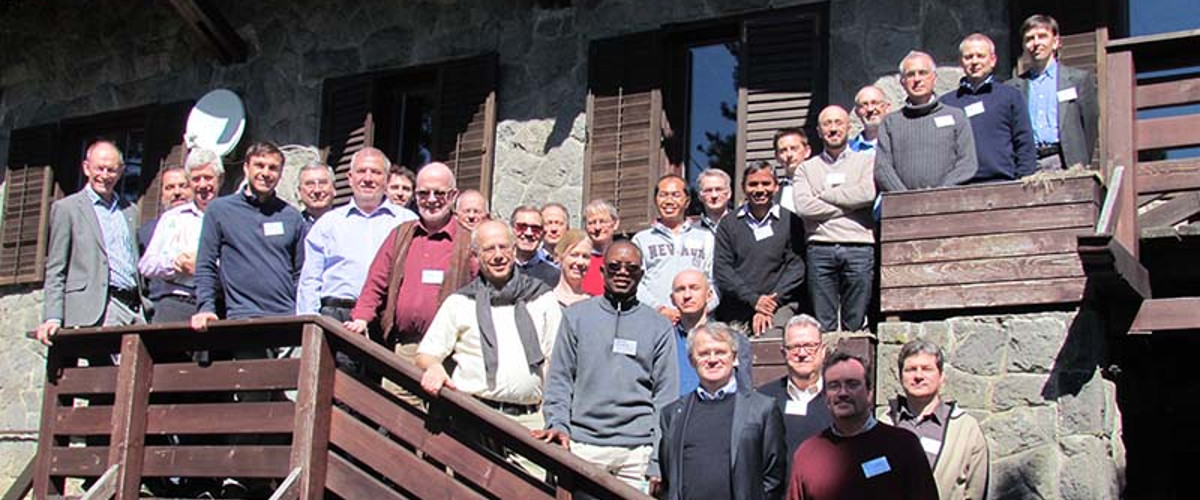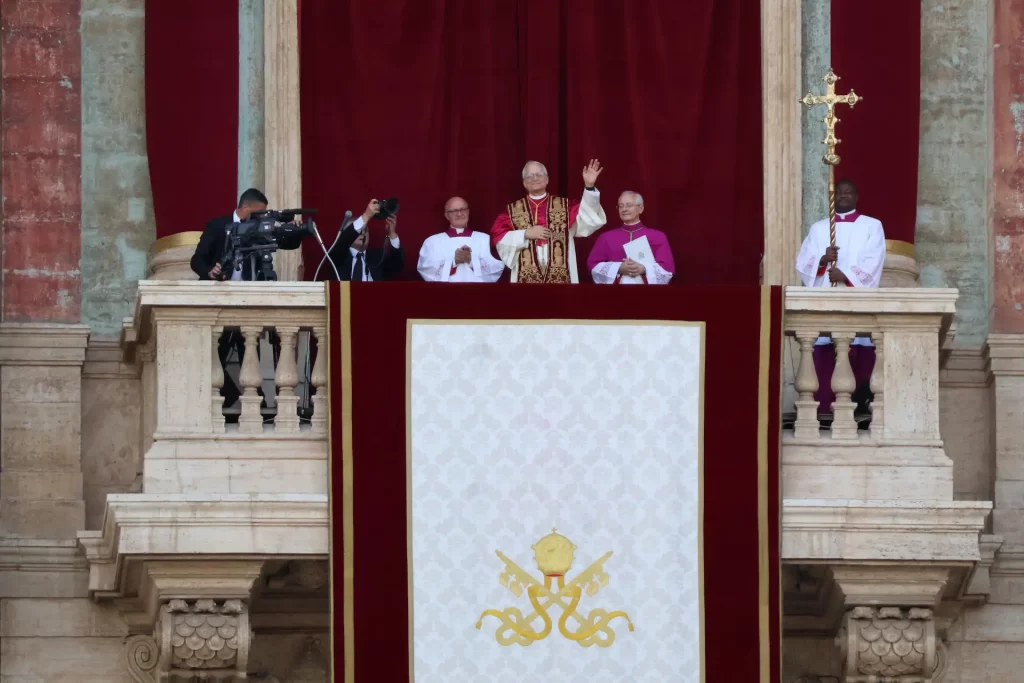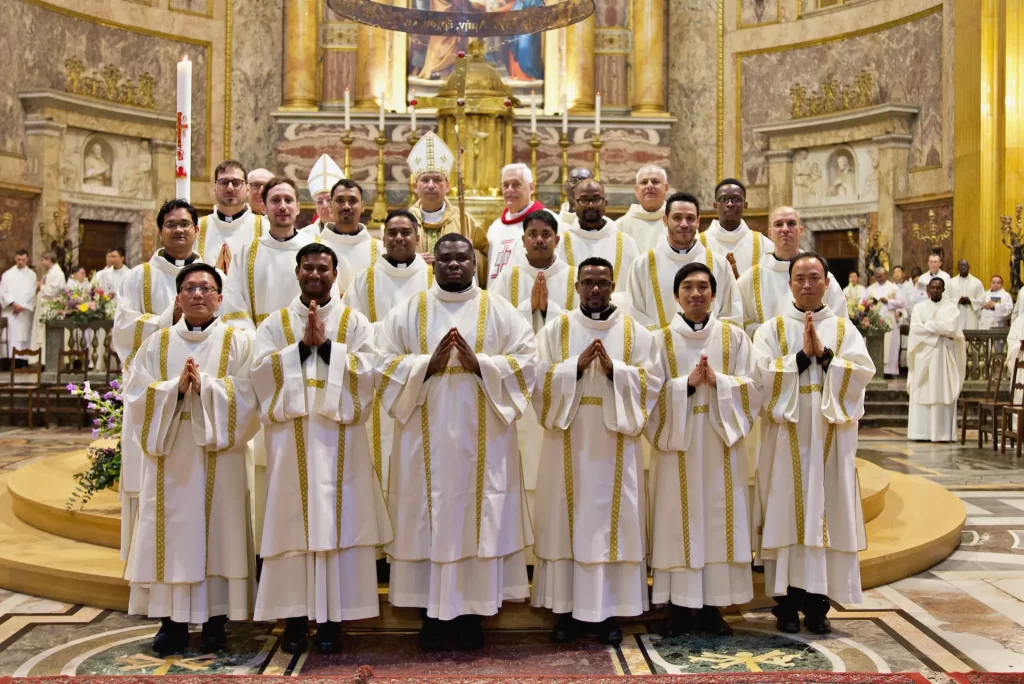Establishing protocols and procedures for the safeguarding of minors is not as easy as installing a software application. Protecting minors in Jesuit institutions from sexual abuse needs careful evaluation of how Jesuits and collaborators operate in their apostolates, discernment on policies and steps to take when cases arise, reparation when mistakes and harm have been done, and willingness to change and provide structures for children to grow fully.
The Jesuit Conference of European Provincials held its second Conference on Safeguarding in Pilisszentkereszt-Dobogókö, Hungary from March 26 to 29, with 19 participants from Europe and three representatives from other Jesuit Conferences. The first conference on “Building a culture of safeguarding in our Provinces and Regions” was held in Rome in 2015.
Fr Lucianus Suharjanto SJ, Socius to the Provincial of the Indonesia Province, was the representative of the Jesuit Conference of Asia Pacific where in some countries, even the discussion of protocols and procedures is still in the preliminary stage. The Jesuit Conference of Asia Pacific will hold its first safeguarding workshop in Singapore in July.
Sharing his experience at the conference, Fr Suharjanto said that for the European Provinces, the issue is no longer the procedures since most of the European Provinces have good protocols and procedures. Hence the second conference focused more on the Jesuit ways of proceeding with regards to safeguarding minors, asking the Jesuit Provinces to integrate safeguarding into their way of proceeding in their communities and institutions.
“Underlying the discussion on safeguarding is the unhealthy culture around power and sexuality,” he shared. “The Jesuits in Europe realised the tendency to avoid the issue of sexual and power abuse because it is so difficult that it is dealt with only when problems arise.”
The term “safeguarding” refers to a pro-active attitude of premeditating the environment in Jesuit communities and ministries to be safe and conducive for the growth of young people as human persons.
“In a safeguarding culture, we discern the structures of the institutions, the procedures and mechanisms that each of us should be aware of in our communication, governance and formation,” explained Fr Suharjanto. “The term assumes that we have stepped ahead before problems arise or even accumulate.”
He said the conference admitted that the topic of safeguarding arose only after the real problems of sexual and power abuse had been addressed with clarification and reparation.
Clarification involves a discernment of the spirit to find the direction for a case. Fr Suharjanto said that this stage is very painful because it relates to confreres and friends with whom the Jesuits live. He added that clarification includes the acknowledgement of the report, where the normal response would be “I believe you”, written testimony from the alleged victim, and an offer for him to speak with a local superior or delegate of the Province.
Reparation is made to facilitate satisfaction, and usually involves money. When the damage cannot be quantified, acknowledgement payments are admittedly only a gesture, but it is a concrete gesture.
“The culture of safeguarding is discussed because reparation is more than a matter of money, but the willingness to change our own structure,” said Fr Suharjanto. “The genuine commitment to the final vow in the Society that we pay ‘special care for the instruction of children’ demands us to step up.”
General Congregation 36 instructs the Society to promote, within its communities and institutions, a consistent culture of protection and safety for minors. The step forward is not in the installation of software on safeguarding, but in careful evaluation, discernment, clarification and reparation in the Jesuit way of proceeding with regard to minors as preliminary steps towards a culture of safeguarding.







